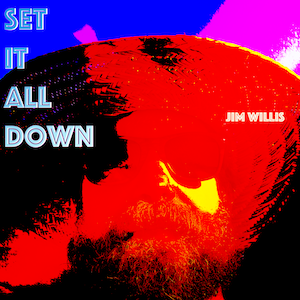Sometime early 1998
I don’t even know where to begin with this one. Getting my arms around it, I mean. I finished Sophie’s World on the flight back from Key West the other day. It’s difficult to even try to give a synopsis of this book, not to mention which of its various facets I think really made me like it.
It’s written by this guy who, I think, teaches high-school level philosophy. It’s a history of ideas, a history of philosophy that it incorporated into a narrative about a girl named Sohpie who is just around 15-years-old.
So when you first start reading it you’re like, Oh yeah. Socrates, Plato, Aristotle, I remember all this stuff about materialists and rationalists and crap like that. And it becomes an interesting read simply because it’s like a little refresher course for all of that unconsolidated philosophy information floating around in your brain. But then, about halfway through the book, after Hume (who, by the way, is explained much more clearly in this book than in any philosophy course I ever took) and around Berkeley, this second narrative takes off and you realize that you’ve been reading the book in a sort of mis-directed fashion and it just makes your head swim.
For the first 300 pages Gaardner gets the reader involved in Sophie’s ruminations about god and what god’s role is in the world, if there is a god, etc. Then, just when you feel like you and Sophie may be reaching some sort of understanding about the world, this new narrative is introduced that makes you question everything from Socrates on up. Gaardner forces the reader to evaluate each philosopher’s arguments re: God.
It’s tough for me to explain all this because it’s sort of like that flick The Crying Game (which I still haven’t seen) where everyone’s running around screaming, you gotta see this movie! it’s great but I can’t tell you the ending,kinda crap. You really just have to read the book yourself.
The book got me thinking about so much stuff–happiness and mental health and what is real. Is the world something that is out there that we all agree upon as being our world or is the world only in our heads? That kinda stuff. The other issue I found pretty interesting is that perhaps reality as we know it really did start out from just a single cell somewhere. A single cell that divided and mutated and divided and reproduced and divided and mutated again and again and again until, whammo!, 4.6 billion years later, here we are. The products of that single cell. I do not think we are the end product of that single cell. I do think that the whole history of that cell, the history of our world, or universe has been a process of that single cell expanding and evolving so that it can better know itself. And that is the reason why.
Why are we here? So that whatever was divine and inspired in that first cell can better know itself and seek the source of its divinity and inspiration. Maybe?

